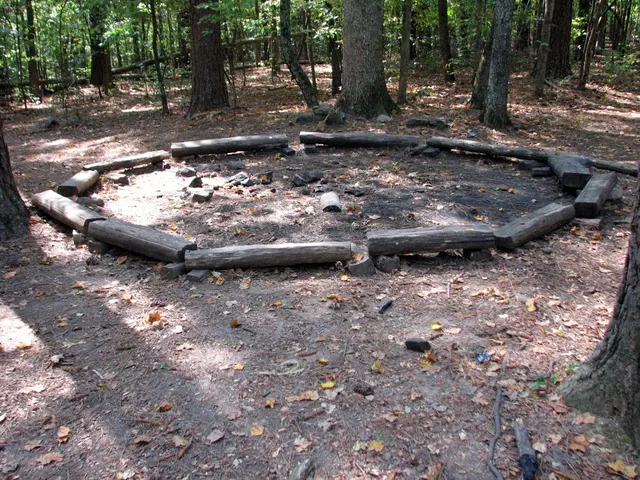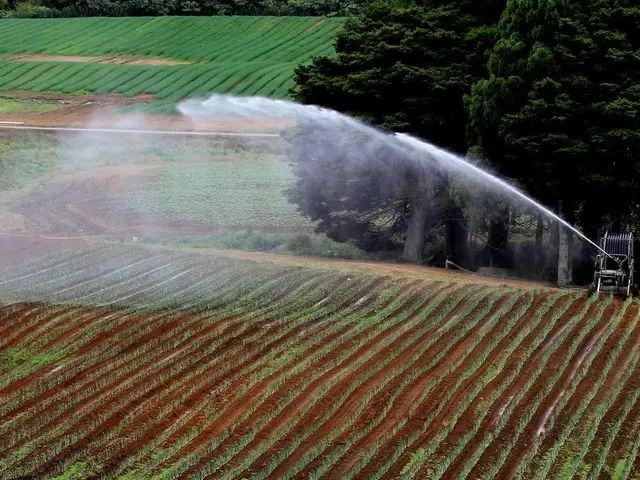Verra's Biochar and Forest Carbon Methods are given green light by ICVCM for top-tier carbon credits
In a significant stride for the voluntary carbon market, Verra's biochar and improved forest management methodologies have received endorsement from the Integrity Council for the Voluntary Carbon Market (ICVCM).
These methodologies, identified as VM0044 (biochar) and VM0045 (improved forest management), offer substantial benefits and implications for carbon sequestration and climate change mitigation. They provide high-integrity, scientifically rigorous frameworks for generating credible, verifiable carbon credits.
Benefits:
- Long-term Carbon Storage: The biochar methodology transforms waste biomass into a stable form of carbon through pyrolysis, locking carbon into soil or other products for hundreds to thousands of years. This process acts as a permanent carbon sink, making biochar a durable climate solution.
- Enhanced Soil Health and Productivity: Beyond carbon storage, biochar can improve soil fertility, water retention, and crop yields, generating co-benefits for agriculture and ecosystems.
- Improved Forest Carbon Sequestration: The improved forest management methodology promotes sustainable forestry practices such as extending harvest cycles, conserving forest areas, and improving baseline and leakage accounting. These practices boost carbon storage in forests and reduce emissions from forestry activities.
- High Integrity and Trust: The ICVCM's endorsement confirms that both methodologies adhere to rigorous scientific standards, improving transparency and accountability in the voluntary carbon market. This strengthens market confidence among developers, investors, and buyers.
- Market Growth Potential: Biochar is one of the fastest-growing voluntary carbon market sectors, with demand for biochar credits doubling annually in recent years. The approval by ICVCM is expected to scale projects and increase the supply of high-quality carbon credits.
Implications:
- Scaling Climate Solutions: With ICVCM approval, project developers can confidently implement these methodologies knowing their credits meet top global standards, facilitating further investment and development of biochar and improved forest management projects.
- Strengthened Voluntary Carbon Markets: By raising the bar for methodological rigor, these approvals contribute to improved market integrity, reducing risks of over-crediting or inflated claims that have sometimes affected nature-based solutions.
- Policy and Regulatory Influence: The growing recognition of biochar’s climate benefits and its inclusion in high-integrity carbon markets may influence broader policy frameworks, such as potential integration into regulatory schemes like the EU Emissions Trading System (ETS).
- Environmental and Socioeconomic Co-benefits: Particularly with improved forest management, sustainable forestry practices can support biodiversity, ecosystem resilience, and local livelihoods by promoting conservation and balanced resource use.
Overall, Verra's approved biochar and improved forest management methodologies represent credible, scalable tools for sequestering carbon and mitigating climate change while promoting environmental co-benefits and market transparency. Their ICVCM endorsement marks a key milestone in elevating nature-based climate solutions within voluntary carbon markets.
Mandy Rambharos, CEO of Verra, stated that the ICVCM's approval of Verra's methodologies is a defining milestone for nature-based solutions and carbon markets.
In addition, Verra has also developed the Just Transition Carbon Credit Methodology, which aims to support the phase-out of coal plants, but it is not specifically mentioned in the previous bullet points.








